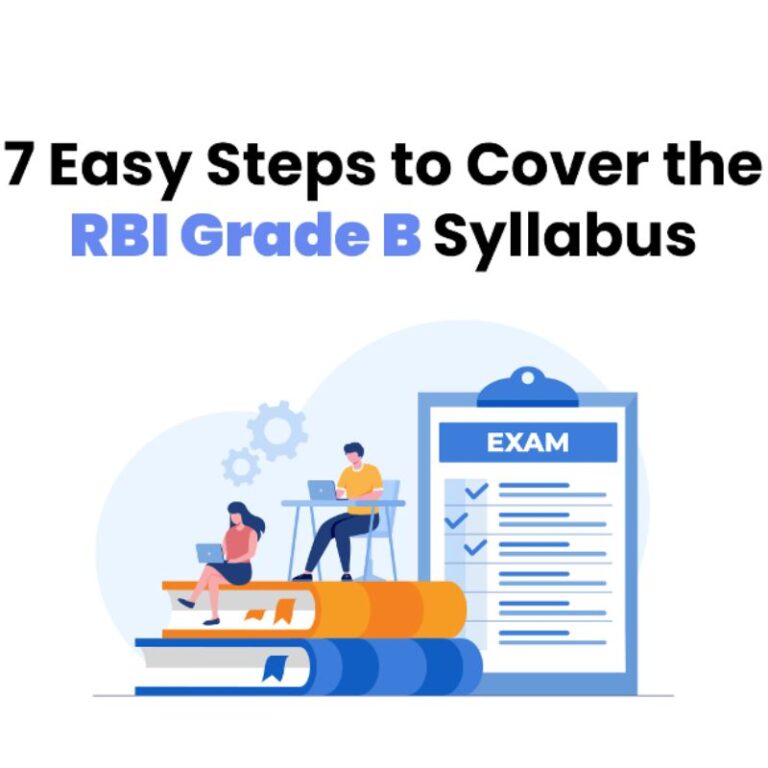SC’s Explanation of Delhi Services Verdict: Article 239AA

This article pertains to the interpretation of the Delhi Services Verdict by the Supreme Court of India. Understanding the intricacies of this verdict is crucial in comprehending the power dynamics between the Delhi government and the Lieutenant Governor.
A Quick Overview of Article 239AA
Article 239AA was introduced by the 69th Amendment Act of 1991 to grant special status to Delhi as a Union Territory. This amendment aimed to provide a more democratic structure by establishing a Legislative Assembly and a Council of Ministers for Delhi.
Understanding the Decision on Delhi Services
The Delhi Services Verdict, a landmark judgement pronounced by the Supreme Court in 2018, brought clarity to the powers and responsibilities of the Delhi government and the Lieutenant Governor.
The verdict examined the scope and extent of the Lieutenant Governor’s authority to interfere in the executive decisions of the elected government.
Supreme Court’s Interpretation
1. The Primacy of the Elected Government
The Supreme Court emphasised the importance of representative democracy and affirmed the supremacy of the elected government in matters of governance.
It held that the Lieutenant Governor must act on the “aid and advice” of the Council of Ministers, except in exceptional circumstances where the issue falls outside the purview of the Legislative Assembly.
2. Discretion of the Lieutenant Governor
While upholding the primacy of the elected government, the Supreme Court also acknowledged the Lieutenant Governor’s role as a constitutional functionary.
It recognized that the Lieutenant Governor possesses discretionary powers and can differ with the Council of Ministers, but such disagreement must be based on valid and compelling reasons.
3. Key Areas of Governance
The Supreme Court outlined particular instances in which the Lieutenant Governor’s permission or concurrence is required. These include police, public order, and land issues. However, it was stated that the Lieutenant Governor cannot act freely in certain areas and must rely on the “aid and advice” of the Council of Ministers.
4. Consistent Interpretation
The Supreme Court’s view was to establish a peaceful balance between the elected government and the Lieutenant Governor. It emphasised the need for constructive collaboration and mutual respect in order to establish efficient government in the capital city.
Consequences of the Decision
The Delhi Services Verdict has far-reaching implications for the governance structure in Delhi. It establishes a clear framework for decision-making, ensuring that the elected government can exercise its authority within the defined constitutional boundaries.
Summary
The Supreme Court’s interpretation of the Delhi Services Verdict, as per Article 239AA, is a crucial milestone in defining the power dynamics between the elected government and the Lieutenant Governor.
The verdict reinforces the principles of representative democracy and highlights the significance of cooperation and collaboration in the functioning of the Delhi administration.
Calling all law aspirants!
Are you exhausted from constantly searching for study materials and question banks? Worry not!
With over 15,000 students already engaged, you definitely don't want to be left out.
Become a member of the most vibrant law aspirants community out there!
It’s FREE! Hurry!
Join our WhatsApp Groups (Click Here) and Telegram Channel (Click Here) today, and receive instant notifications.





